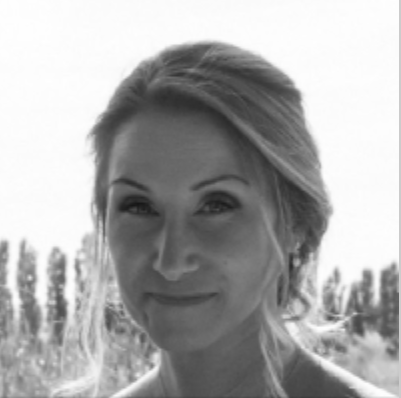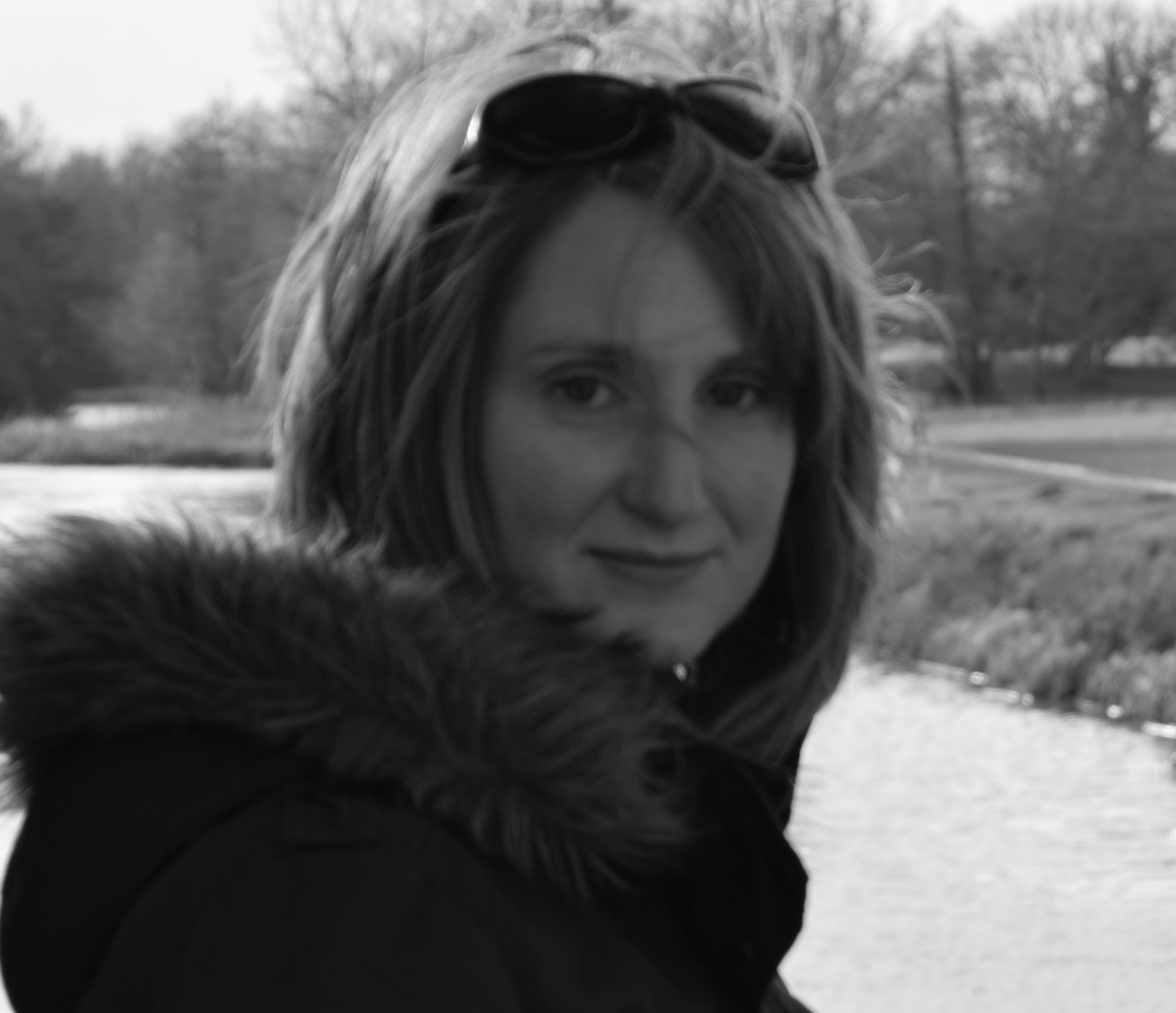Refraction & Diffraction (Oxford AQA IGCSE Combined Science Double Award) : Revision Note
Refraction
Refraction is a type of transmission
The wave enters the new medium and emerges from the other side
Refraction of a wave occurs when a wave changes velocity upon entering a new medium
Refraction

If the waves slow down
The wavefronts will cover less distance in the same amount of time
So the wavefronts bunch together and the wavelength decreases
The wavefronts will turn towards the normal
If the waves speed up
The wavefronts will cover more distance in the same amount of time
So the wavefronts spread out and the wavelength increases
The wavefronts will turn away from the normal
Water waves travel faster on the surface of deeper water than they do on the surface of shallower water
When the depth of the water changes, refraction can be observed
Refraction of water waves

Diffraction
Diffraction occurs when a wave meets a gap or an obstacle and the wave spreads out
Diffraction of a wave

Diffraction is greatest when the wavelength is the same size as the gap
As the gap gets bigger, the amount of diffraction decreases
Diffraction and gap size

Diffraction can also occur when waves pass an edge
Diffraction around an edge


You've read 0 of your 5 free revision notes this week
Unlock more, it's free!
Did this page help you?

